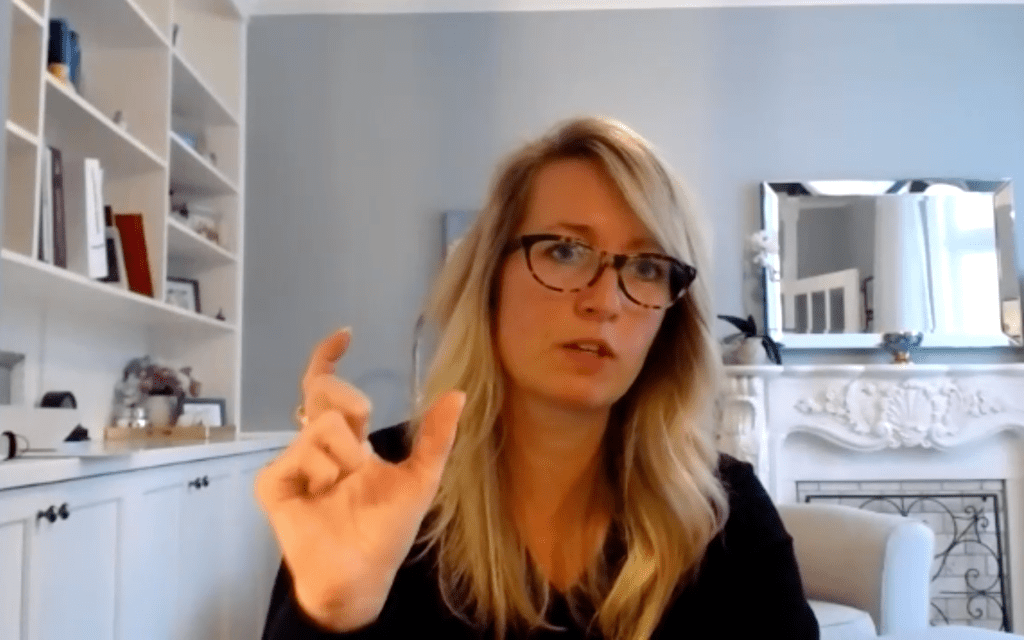By Patrícia Garcia Lopes, Student Liaison – CPRS Manitoba

When the SARS-COVID-19 pandemic started, in 2020, several debates flooded online forums while we were locked down in our houses. In the middle of a sea of uncertainty, the psychological aspect of isolation was (and still is) a constant source of discussion, and it spawned a wide range of articles that touch on the matter. As we saw in these last two years, communicating science can be a challenge for many professionals and it is not hard to find some misconceptions being propagated on the internet. When we are talking about Mental Health and Mental Issues, misinformation and the use of inaccurate language or incorrect concepts can be highly damaging to our audience, and consequently to our careers.
The role of communicators when approaching these topics was the focus of the “Let’s Talk: Mental Health” online event, held by the CPRS Manitoba, on November 18th. Our chapter was honoured to receive the psychiatrist Dr. Jessica Kreviazuk, MD, FRCPC, to talk about how communication professionals can contribute in a better way to this essential discussion. In a conversation mediated by the CPRS Manitoba’s President David Hultin, APR, she reiterated the importance of the media’s attitude when dealing with psychological topics and how careful professionals need to be when using scientific denominations.
“People still have some misconceptions about Mental Health and Mental Illnesses, and communication practitioners can help to elucidate them by making a better use of our language”, she said. For Kreviazuk, some words connected to medical conditions (like the term “schizophrenic”) have been recklessly used as adjectives, which can pull away relevant debates and foment biased impressions. “The same happens with the word “depression”, as some people use it to talk about general sadness when its main characteristic is actually apathy, not sadness”, she explained. Within the same topic, she went further and talked about the roots of depression and some other clinical conditions, describing the chemical imbalances inside the brain. She also highlighted the scope of our responsibility, being the bridge between the general public and
mental health professionals, as it is crucial for people to search for help when they feel they need it. “Mental issues and conditions are still sensitive topics to be debated, but the pandemic showed us the relevance of these discussions”, pondered the psychiatrist.
After her presentation, David Hultin invited the attendees to share their questions, which ranged from the use of the word “crazy” to the polemic applications of ECT (Electroconvulsive Therapy) and how to bring this kind of conversation to the public. Before finishing the event, Dr. Kreviazuk reminded us that, although Mental Health is still faced as a sensitive topic, people are now more interested in debating and learning more about it. As communicators, it is part of our job to help them to navigate these topics consciously, offering them valuable and accurate information. After all, everybody can benefit from a healthy mind. It’s just a matter of having the right tools and the right guidance to achieve it.

You must be logged in to post a comment.